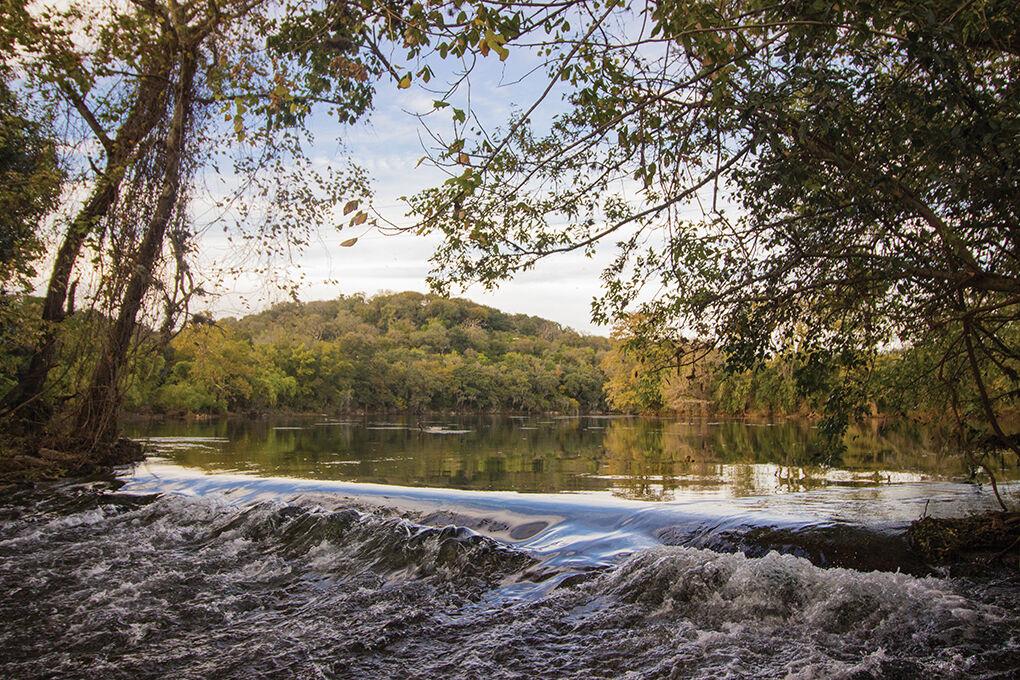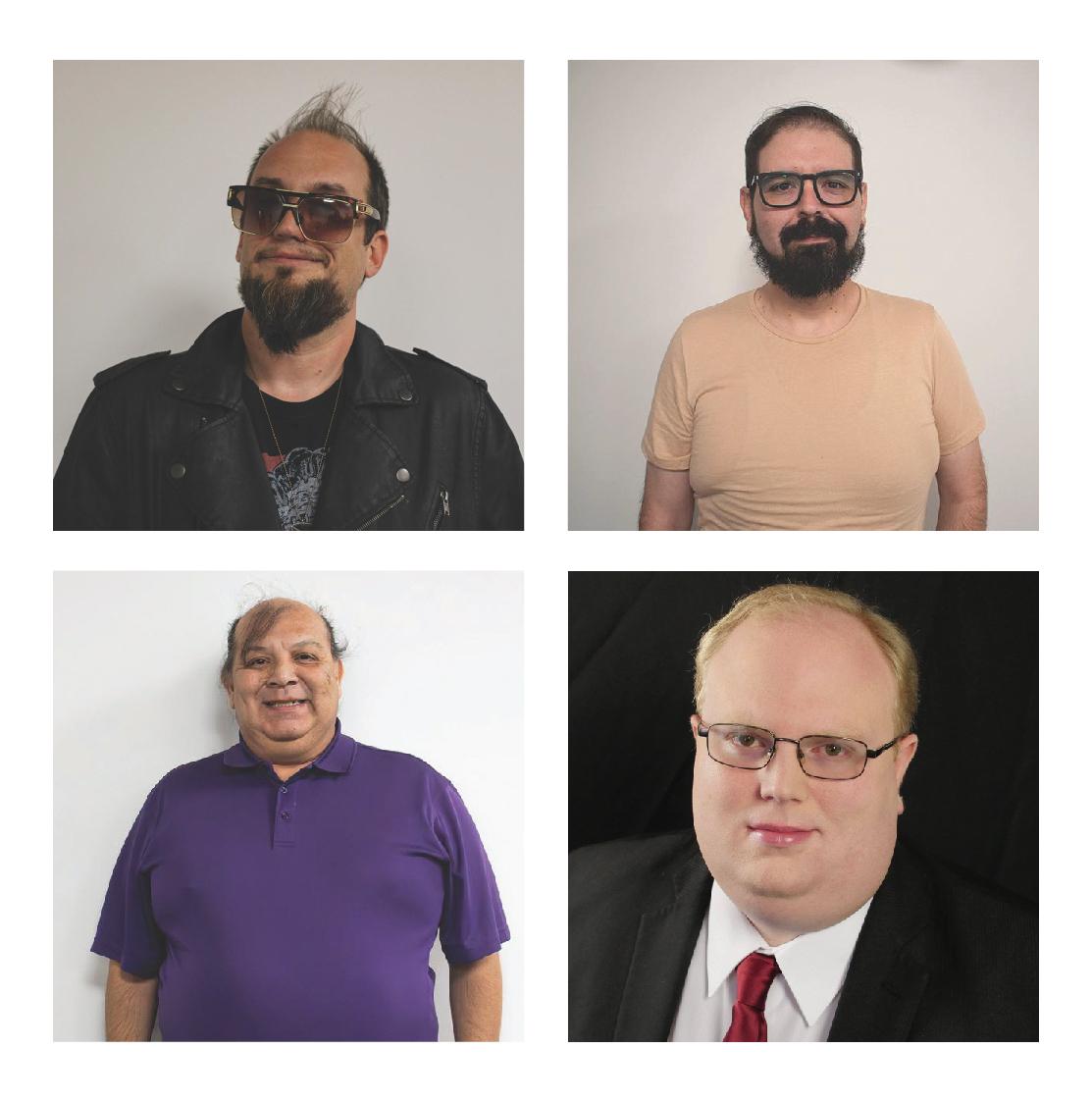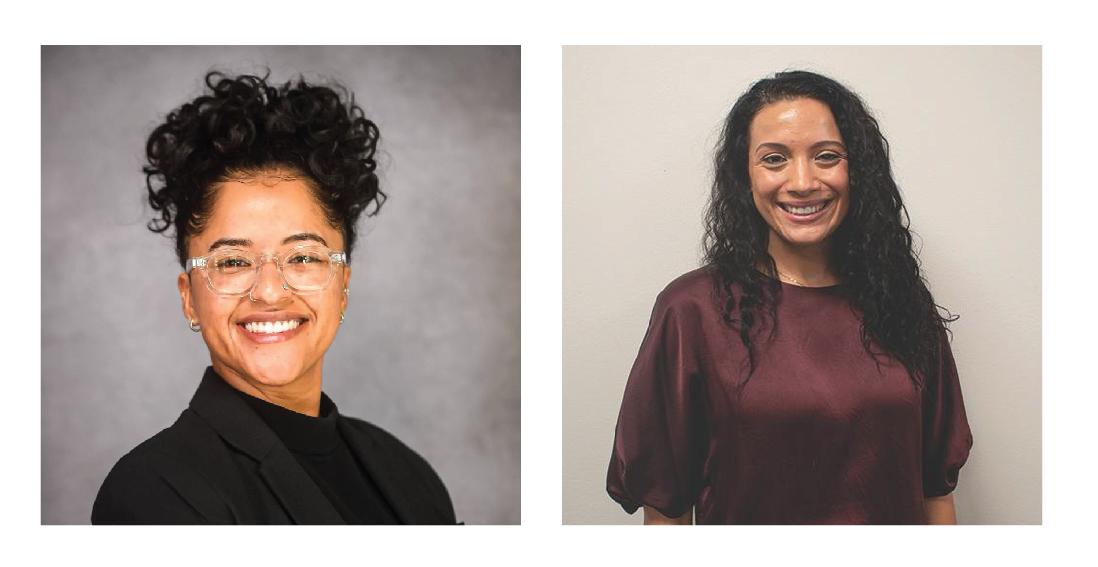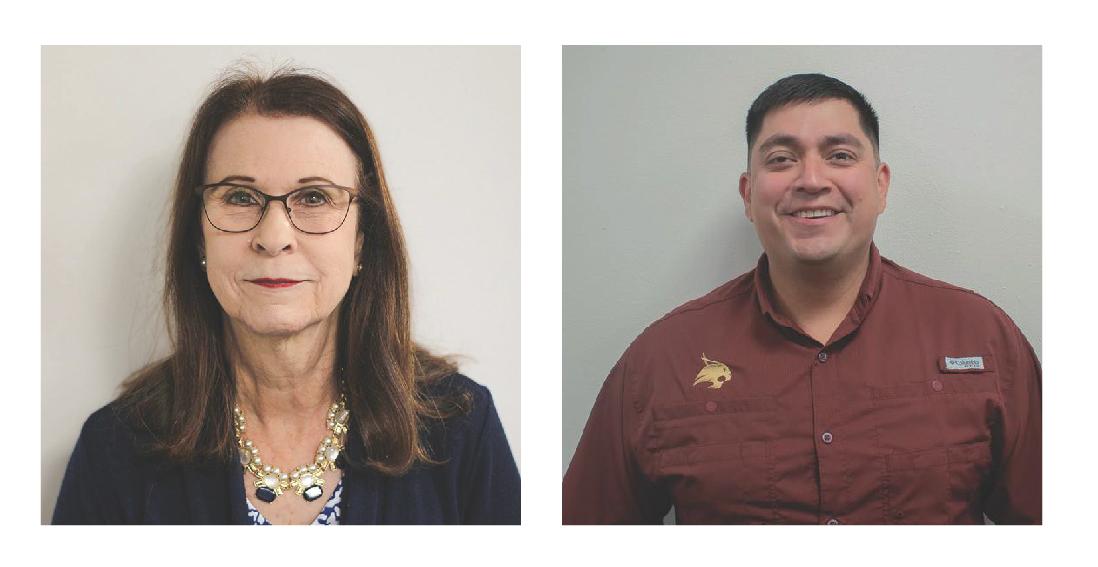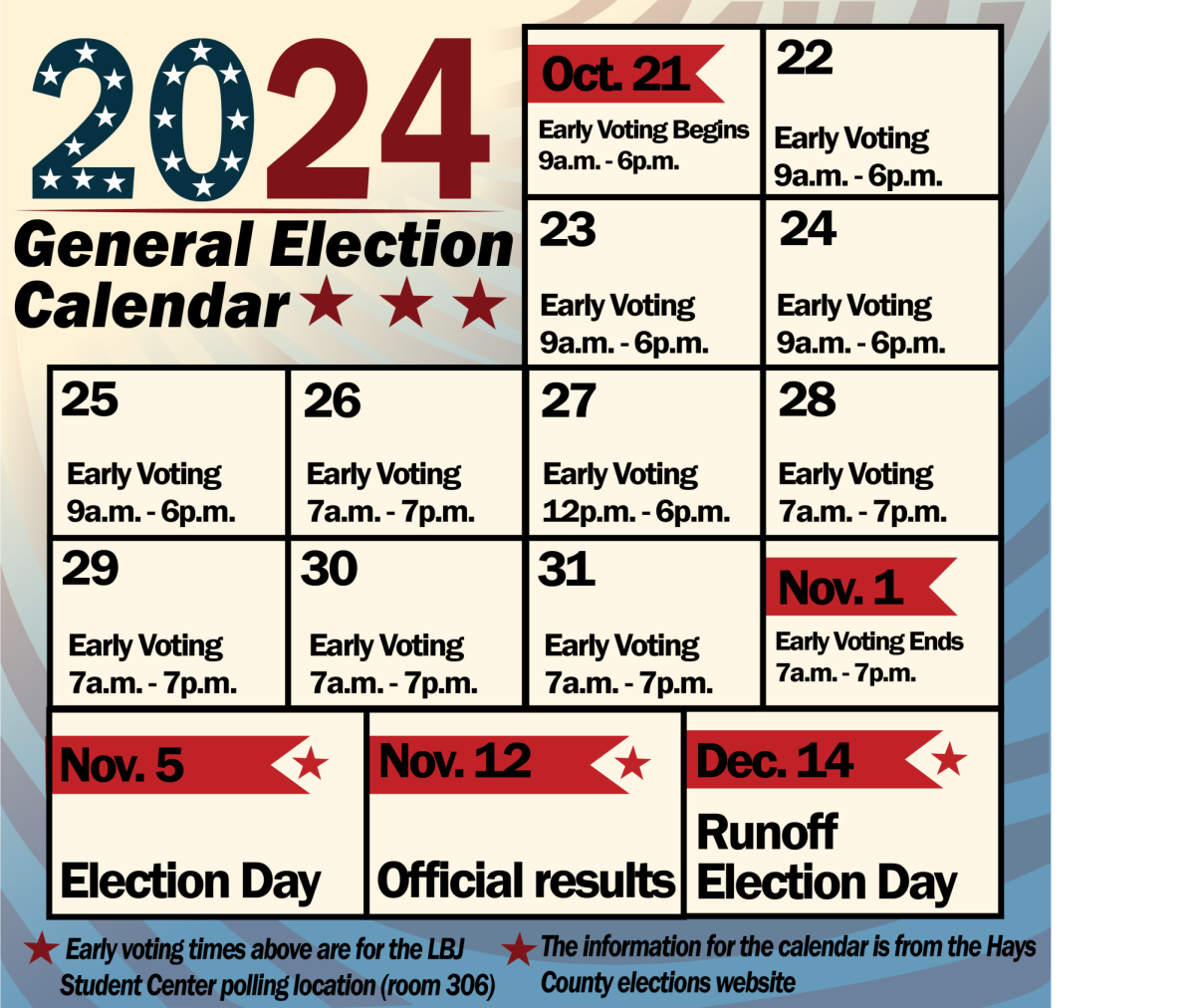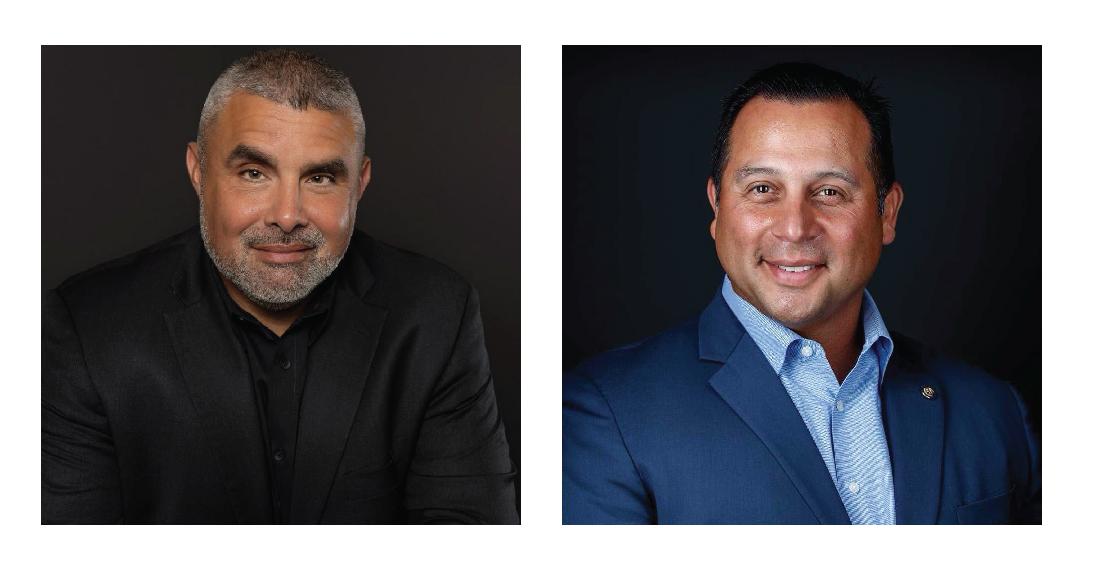Nearly three years after a Houston-based company’s quest to pump millions of gallons from Hays County aquifers were thwarted, the company has returned with a similar agenda.
Electro Purification, a water marketer, has sought a permit to pump water from the Trinity Aquifer, a Hays County aquifer under the same regulatory guidelines as the Edwards Aquifer. The permit was previously denied in 2015 but the company has returned, leading to a rise in residents’ concerns of an unsustainable practice.
This group of residents banded together to create Save Our Wells, an informal group of people against the commercial pumping. Lila Knight, a Save Our Wells member, said this issue largely has its roots in the business practices of EP.
“This has been going on for a long time,” Knight said. “They started in 2013 but no one found out until 2014. Electro Purification found an unregulated part of Trinity and planned to distribute it to three different commercial places… five million gallons a day.”
Knight is unsure how the board will vote because, like judges, they cannot discuss their opinions or voice how they expect to decide. However, she is confident they will make decisions based on science, not politics.
“We’re not going to pressure them,” Knight said. “I think the science says the Trinity Aquifer will not sustain a water mine. This is water mining, this is a commercial well.”
The District’s General Manager declared the permit to be administratively complete May 21 and recommended it be issued. This recommendation included the special provision to allow EP to gather 182.5 million gallons of water annually, less than half of what EP’s permit requests.
Another important caveat EP must follow, should the permit be approved, would entail pumping be gradually introduced to the area so that effects could be noted in the case anything goes awry, starting at 500,000 gallons per day.
With the publishing of a notice of this recommendation, there was a 20 day period for constituents to vocalize their comments or concerns surrounding it, which ended June 25. That was also the timeframe to file a case against the permit applicant.
“Save Our Wells didn’t request a case under that name because we’re not a formally recognized group,” Knight said. “I know lots of people have submitted comments individually… Some people are doing that on their own. Louie Bond will be contesting it.”
Louie Bond is a Rolling Oaks resident of Driftwood, TX who was inspired to file suit because she saw EP’s actions as unethical. Her seven acres is in the zone that would be directly affected by the water pumping.
“The effects would be detrimental,“ Bond said. “This is about property rights. The big question no one knows the answer to is how much water does anyone have the right to pump.”
In 2015, the bill Hays County residents called the Lazarus Bill was brought back to life after the Wimberly floods, thanks to the bipartisan support and state representative Jason Isaac. Bond worked with several Republicans to pass the bill to protect the Trinity Aquifer by placing it in the same regulated district as San Marcos’ Edwards Aquifer.
“The permit should be rejected until more research is done to discover how much water can be safely taken from the aquifer,” Bond said. “They shouldn’t be able to take water from one person and sell if it to another if it has negative effects to that first person.”
Will Conley was Hays County Commissioner of Precinct 3 during 2015 when EP originally tried to pump from the Trinity Aquifer. He resigned to run for Hays County Judge Candidate but is still well versed on the Trinity Aquifer issue.
“While I respect Electro Purification for going through the permit process, I think that the pumping from the aquifer is unsustainable,” Conley said.
Following the closure of the of the public comment period, the permit is now in the preliminary hearing phase, where the company and public are set to follow district announcements. The University Star contacted Electro Purification, but they were unavailable for comment.
Categories:
Water marketers seek loophole to pump local aquifer
July 19, 2018
0
Donate to The University Star
Your donation will support the student journalists of Texas State University. Your contribution will allow us to purchase equipment and cover our annual website hosting costs.


